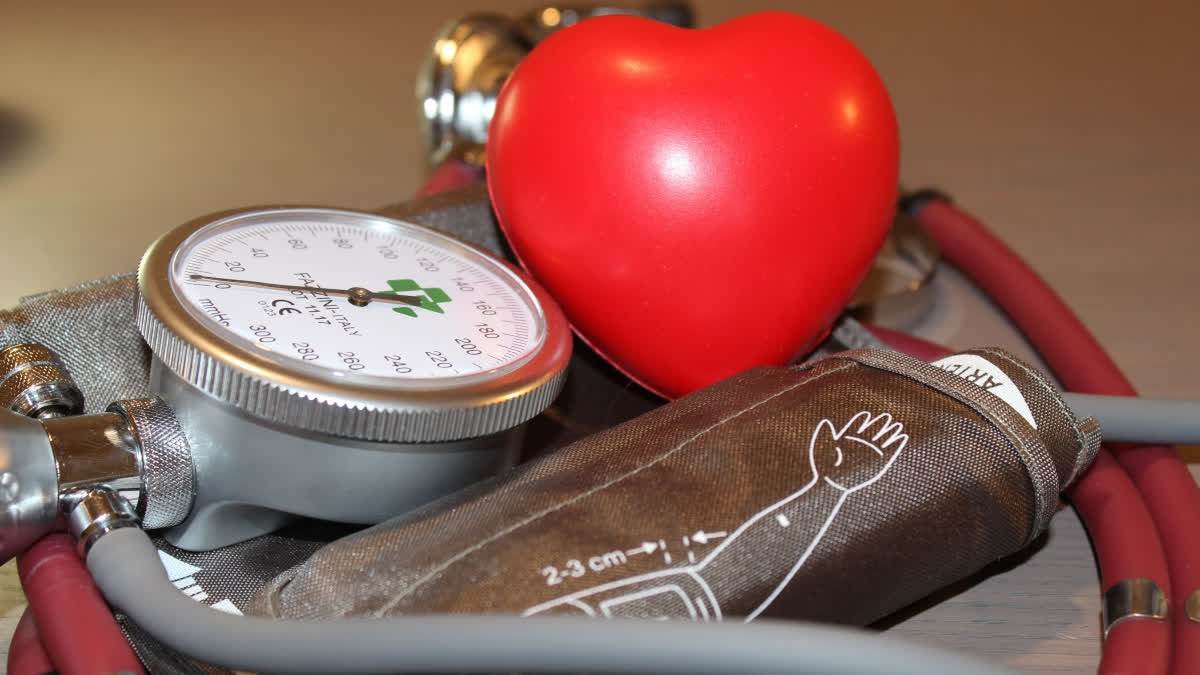California [US]: Medication keeps hypertension-high blood pressure that can lead to stroke or heart attack-at bay for many patients. But what if the medication that doctors generally give doesn't work? This type of high blood pressure, known as apparent resistant hypertension (aRH), necessitates additional medicine and medical attention.
New research from the Smidt Heart Institute at Cedars-Sinai, published today in the peer-reviewed journal Hypertension, found that aRH prevalence was lower in a real-world sample than previously reported, but still relatively common-affecting nearly one in every ten hypertensive patients.
Through their analysis, investigators also learned that patients with well-managed aRH were more likely to be treated with a commonplace medication called mineralocorticoid receptor antagonist, or MRA. These MRA treatments were used in 34 per cent of patients with controlled aRH, but only 11 per cent of patients with uncontrolled aRH.
"Apparent resistant hypertension is more common than many would anticipate," said Joseph Ebinger, MD, assistant professor of Cardiology in the Smidt Heart Institute and corresponding author of the study. "We also learned that within this high-risk population, there are large differences in how providers treat high blood pressure, exemplifying a need to standardize care."
Study findings were based on a unique design, which used clinically generated data from the electronic health records of three large, geographically diverse healthcare organizations. Of the 2,420,468 patients analyzed in the study, 55 per cent were hypertensive. Of these hypertension patients, 8.5 per cent, or 113,992 individuals, met criteria for aRH.
According to Ebinger, treating aRH can be just as tricky as diagnosing it. In fact, the "apparent" in apparent resistant hypertension stems from the fact that before diagnosis, medical professionals must first rule out other potential reasons for a patient's blood pressure to be high. These reasons might include medication non-adherence, inappropriate medication selection, or artificially elevated blood pressure in the doctor's office-known as "white coat hypertension."
